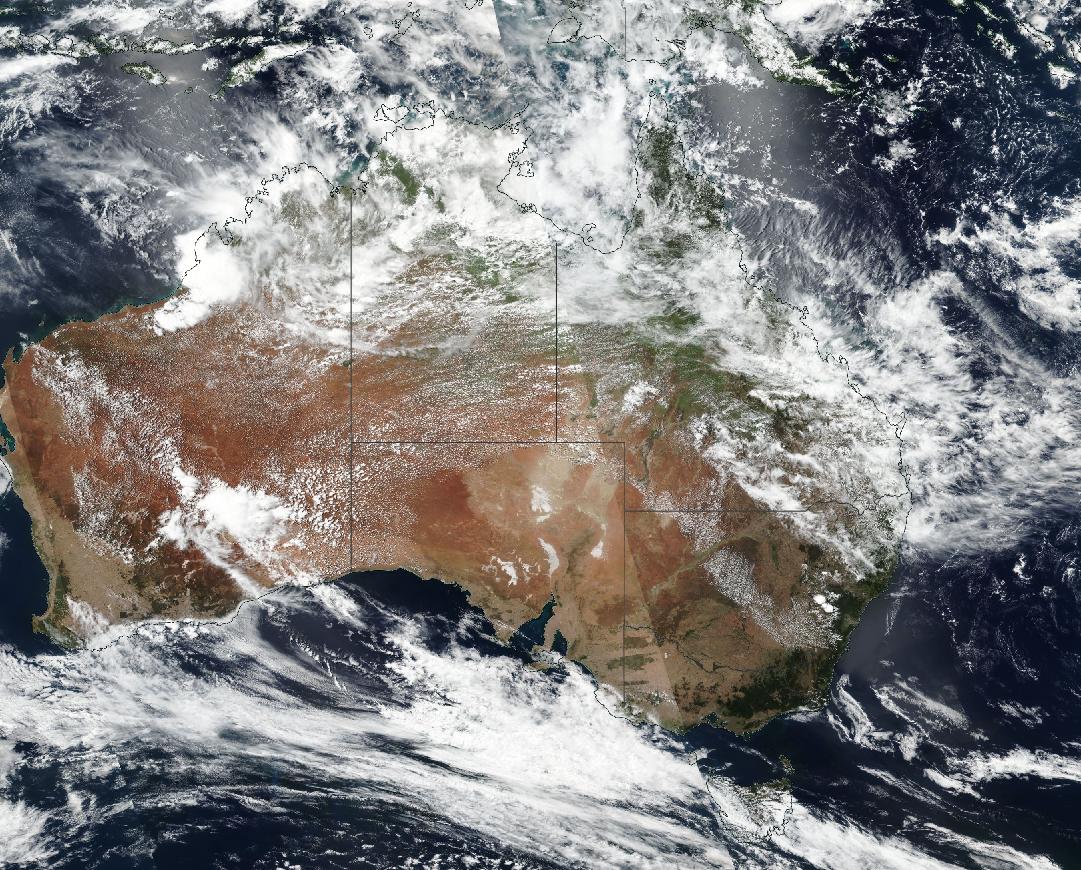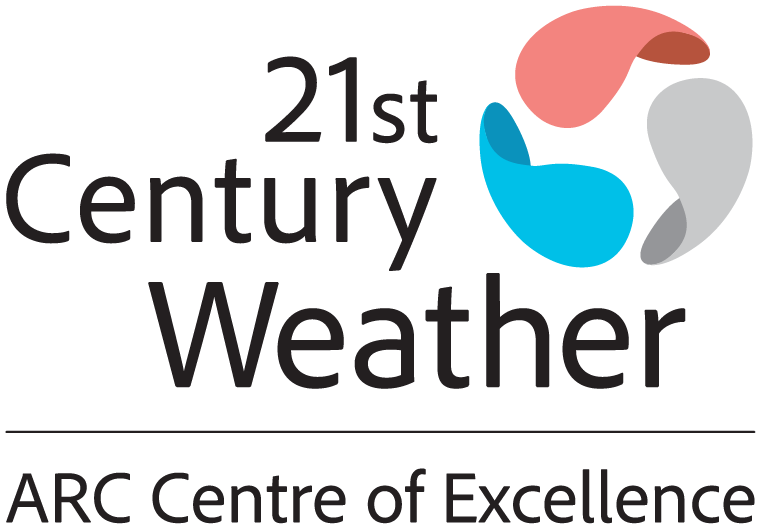
Climate and Weather Workshop – Canberra 14 August 2024
Are you interested in the latest climate and weather research taking place in Australia and around the world? Do you have questions about climate and weather science, but don’t know who to ask?
We are here to help!
The newly formed ARC Centre of Excellence for 21st Century Weather is hosting a Climate & Weather Workshop to provide you with the information you need.
Where: Physics Auditorium, The Australian National University, Canberra. (160 Mills Road, Acton 2601)
When: Wednesday 14 August.
Timing: 10am to 5pm.
Cost: Free to attend any number of sessions
This unique, free event has been specially designed to build a closer relationship and establish important dialogue between scientists and the government departments and industry organisations that interpret and act upon weather and climate research. Participants will be provided with a certificate in recognition of their engagement in this important professional development opportunity, delivered by Australia’s leading climate and weather change research organisation.
Sessions:
- 10:00 – 11:00 The current state of climate and weather change. Presented by Prof Nerilie Abram and Prof Sarah Perkins Kirkpatrick
- 11:30 – 12:30 You can’t ask that – climate and weather change. Panel discussion to answer your questions about weather and climate. Panel: Prof Nerilie Abram, Prof Sarah Perkins-Kirkpatrick, Prof Christian Jakob and Prof Mark Howden
- Light lunch provided
- 1:30 – 2:30 Climate models – what are they good for? Presented by Prof Christian Jakob
- 3:00 – 5:00 The future (of knowing the future) of our climate – includes networking and refreshments. In this session we will discuss opportunities to bring together the recent worldwide progress in high-performance computing and data, ultra-high resolution climate modelling, and artificial intelligence, to revolutionise the way climate information is both produced and disseminated. Featuring Prof Christian Jakob, Dr Helen Adair Cleugh, and Dr Ben Evans.
To help with catering and venue capacity, it’s important to let us know if you’re coming. You can register for any number of sessions. Come for one or stay all day. The registration form also has space to submit your questions for Session 2: You Can’t Ask That
Participants will be provided with a certificate in recognition of their engagement in this important professional development opportunity, delivered by Australia’s leading climate and weather change research organisation.
To get in touch email us at: hello@21centuryweather.org.au
Registrations close 7 August 2024
Session Information
Session 1: The current state of climate and weather change | 10-11am
Professor Nerilie Abram and Professor Sarah Perkins-Kirkpatrick of ANU will explore the latest developments in the Australian and global fields of climate and weather change.
Session 2: You can’t ask that – climate & weather change | 11.30-12.30pm
If there’s a question about climate and weather change you’ve always wanted to know the answer to but were too afraid to ask, now’s your chance. Ask a question of our panel in a supportive environment:
- Professor Christian Jakob, 21st Century Weather & Monash University;
- Professor Nerilie Abram, 21st Century Weather & ANU;
- Professor Sarah Perkins-Kirkpatrick, 21st Century Weather & ANU;
- With a special guest, Professor Mark Howden, Director of the ANU Institute for Climate, Energy & Disaster Solutions.
Session 3: Climate models, what are they good for? | 1.30-2.30pm
Professor Christian Jakob, the Director of 21st Century Weather, will guide us through the function, strengths and weaknesses of current global climate and weather change models.
Session 4: The future (of knowing the future) of our climate | 3-5pm
The program will conclude with a panel session followed by a networking opportunity.
In this session we will discuss opportunities to bring together the recent worldwide progress in high-performance computing and data, ultra-high resolution climate modelling, and artificial intelligence, to revolutionise the way climate information is both produced and disseminated.
We wish to engage the audience in a debate on how to best deliver climate intelligence for all, globally with local granularity, through world-wide collaboration and Australia’s place in it.
This session will feature:
- Professor Christian Jakob, Director of 21st Century Weather, Monash University;
- Dr Helen Adair Cleugh, Chair of 21st Century Weather’s Centre Advisory Board and a member of the ANU Institute for Climate, Energy & Disaster Solutions;
- Dr Nicola Maher, Chief Investigator of 21st Century Weather, ANU;
- Dr Ben Evans, Deputy Director for HPC and Data Innovation and Chief Scientist at NCI, ANU.
